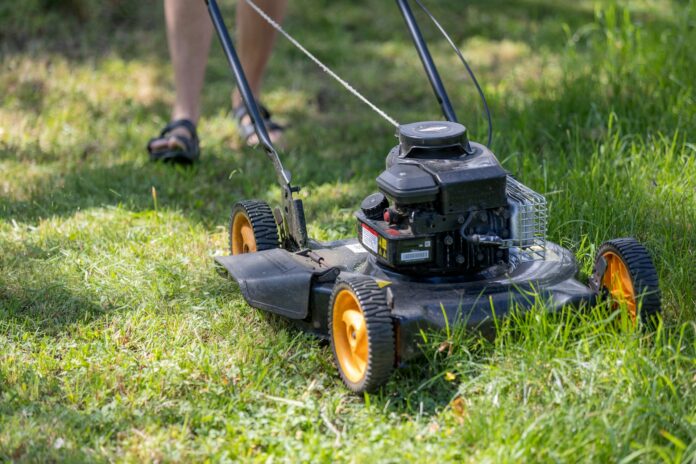Jess Skyleson:
This poem spontaneously and serendipitously arose during a poetry workshop focused on the sonnet. As we considered its origins as a “little song” traditionally used for expressing romantic love, I realized that this form would also be a perfect vehicle to express how everyday objects may become a source of “love” for those of us living with terminal illness, serving as fleeting symbols of life. This ongoing awareness of my own mortality renders tasks that were previously unremarkable, even tedious, with a certain poignancy: the poem thus becomes a song about my love of life itself, with all of its daily foibles and joys.
I found that a simple rhyme scheme helps to evoke the predictability of these everyday tasks, echoing the back-and-forth monotony of mowing the lawn, yet also results in a “sing-songy” quality which subverts the form’s traditional seriousness and inserts a wry bit of humor — something I’ve found so necessary when dealing each day with such a weighty topic. This seeming lightheartedness lays the groundwork for the poem’s final surprise, as the reader experiences the sudden shock of discovering a deeper metaphor – one which, much like the “shadows on my scan,” lurks throughout the poem.
With this unexpected revelation I hope readers are able to share a bit of my own perspective as a stage IV cancer survivor, and begin to see how even mowing the lawn may be imbued with the symbolism of life and death. Readers might even begin to consider their own mortality as well, perhaps deciding to face it with a similar touch of gallows humor. After all, though we may now have the temporary reprieve of a broken mower, we all must eventually face our time to be mowed.



Wow Jess! It’s all that you say it is, simultaneously heavy and light and beautiful.